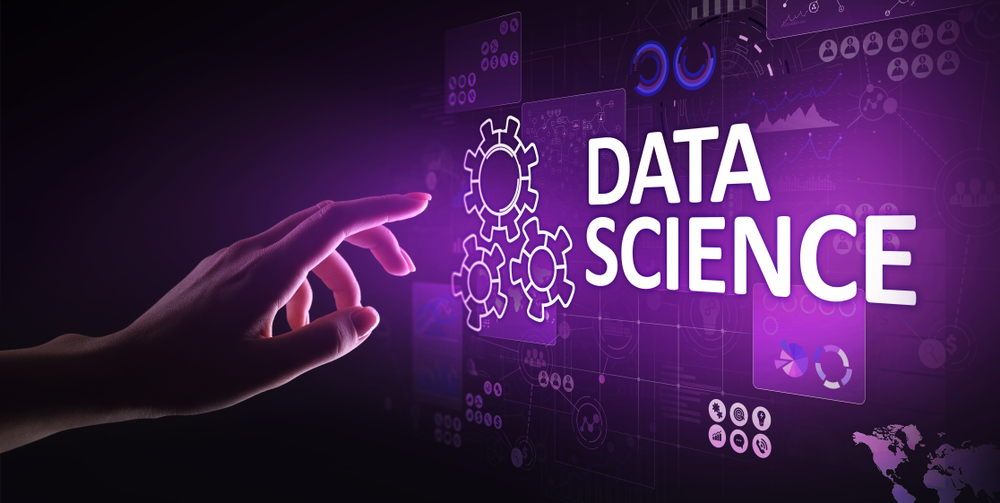

What is Data Science?
Data science is an interdisciplinary field that combines mathematics, statistics, programming, and domain expertise to analyze large amounts of data. It helps in discovering patterns, making predictions, and assisting organizations in decision-making processes.
In simple terms, data science answers questions like:
What happened?
Why did it happen?
What is likely to happen next?
What can we do about it?
Why is Data Science Important?
Businesses, governments, and organizations rely on data science to:
Understand customer behavior
Predict market trends
Optimize operations
Detect fraud and anomalies
Develop AI-driven applications like chatbots and recommendation systems
Without data science, all this information would remain unused.
Key Components of Data Science
Data Collection: Gathering structured and unstructured data from various sources like web, IoT devices, or databases.
Data Cleaning: Removing errors, duplicates, or missing values to prepare the data for analysis.
Exploratory Data Analysis (EDA): Visualizing and summarizing data to understand its structure and patterns.
Statistical Analysis: Applying statistical methods to draw inferences.
Machine Learning: Building predictive models that can learn from data.
Data Visualization: Presenting data insights through charts, graphs, and dashboards.
Deployment: Integrating models into real-world systems or applications.
Tools and Technologies Used
Some popular tools and languages in data science include:
Programming: Python, R, SQL
Data Manipulation: Pandas, NumPy
Visualization: Matplotlib, Seaborn, Power BI, Tableau
Machine Learning: Scikit-learn, TensorFlow, Keras
Big Data: Hadoop, Spark
Databases: MySQL, PostgreSQL, MongoDB
Common Applications of Data Science
Healthcare: Predicting disease, personalized treatments
Finance: Credit scoring, fraud detection
E-commerce: Product recommendation, customer segmentation
Marketing: Targeted advertising, campaign analysis
Transportation: Route optimization, self-driving vehicles
Data Scientist vs Data Analyst vs Data Engineer
Data Scientist: Focuses on building models and extracting insights using machine learning and statistics.
Data Analyst: Concentrates on interpreting data and generating reports.
Data Engineer: Builds and maintains systems and pipelines to collect and manage data.
Steps to Start a Career in Data Science
Learn Programming (Python or R)
Understand Math and Statistics
Master Data Manipulation and Analysis
Learn Machine Learning Basics
Work on Real-World Projects
Build a Portfolio on GitHub
Get Certified or Take Courses (Coursera, Udemy, etc.)
Future of Data Science
The demand for data professionals is growing rapidly. With the rise of AI, IoT, and cloud computing, data science will continue to evolve, creating more opportunities in industries worldwide.
Want to make your career in Data Science??
Career Inspire Institute's Data Science Course is designed to empower students, professionals, and entrepreneurs with industry-relevant analytical and technical skills for a thriving career in tech. Our expert-led training covers Python, SQL, Machine Learning, Data Visualization, and more—ensuring hands-on learning through real-world data projects. With a robust online presence, partnerships with top colleges, and influencer collaborations, Career Inspire Institute stands out as the go-to destination for Data Science training in 2025.